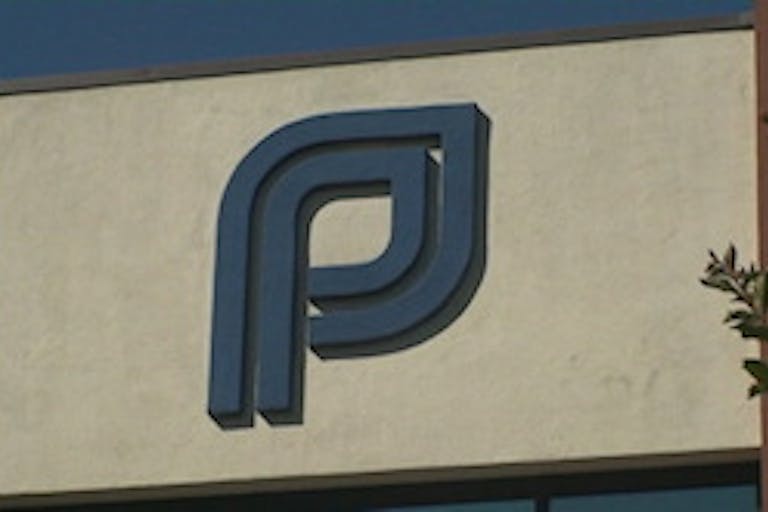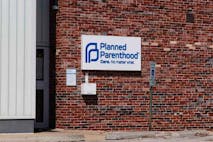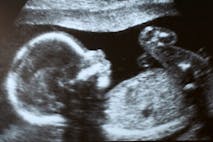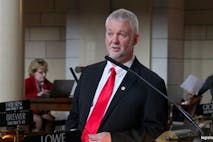
Dismembered infant found in freezer of Tokyo adult entertainment business
Angeline Tan
·
Are women considering abortion informed? Not if Planned Parenthood can help it
How well informed are abortion seekers? We may not be able to know their minds or experiences, but we can certainly know whether those doing the informing are being honest, fair, and candid with them (spoiler alert: they’re not).
Live Action has caught personnel at least three Planned Parenthood clinics giving their patients inaccurate medical information about their babies and pregnancies. The people at Planned Parenthood misled women on when heartbeats can be detected, abortion’s medical downside, whether eight-week-old fetuses have limbs and brains, and whether the name “baby” is applicable. “But wait,” you say, “you can’t judge an entire organization according to a few bad apples!”
Very well. Let’s see if Planned Parenthood’s official material fares any better.
The Q&A section on their website, written by obstetrician/gynecologist Dr. Vanessa Cullins, is a treasure trove of pro-abortion talking points, but the biggest whopper is the way it absurdly and falsely pretends “baby” is an inaccurate term because “most medical authorities” don’t think it “becomes” a baby until “after birth when it takes its first breath.” Dr. Cullins apparently doesn’t think “most medical authorities” includes the Mayo Clinic, WebMD, Johns Hopkins, or the federal Department of Health and Human Services, all of which refer to “babies” in the womb.
Moving on to Planned Parenthood’s “How Pregnancy Happens” page, we learn that “pregnancy begins when a fertilized egg implants in the uterus.” Well, not exactly. If you define pregnancy the way Merriam-Webster, Cambridge Dictionary, MedicineNet, and Dictionary.com do, as simply the state of carrying developing unborn offspring within one’s body, then pregnancy starts with the fertilization itself.
Article continues below
Dear Reader,
Have you ever wanted to share the miracle of human development with little ones? Live Action is proud to present the "Baby Olivia" board book, which presents the content of Live Action's "Baby Olivia" fetal development video in a fun, new format. It's perfect for helping little minds understand the complex and beautiful process of human development in the womb.
Receive our brand new Baby Olivia board book when you give a one-time gift of $30 or more (or begin a new monthly gift of $15 or more).
Speaking of fertilization, the same page describes it as when “the egg and sperm must meet and form a single cell.” Technically true, but woefully incomplete – it doesn’t mention that the “cell” happens to be an alive, distinct, and fully human individual. Indeed, just calling it a “cell” makes it sound like it could be any old cell – hair, bone, blood, sperm, egg, zygote, they’re all pretty much the same, right?
This is a misconception Dr. Cullins goes out of her way to promote. In the Pregnancy Q&A, she claims:
All kinds of people — theologians, philosophers, scientists, lawyers, legislators, and many others — hold very different views about when life begins. In fact, both the egg and the sperm are living things before they meet and join. There’s no real argument there.
Individual cells such as sperm and eggs are “living things” only in the sense that they’re organic matter. They are not alive in the sense of being human beings. They’re simply part of a man and a woman’s body, respectively. It’s when they combine that they become something new and whole.
The really hot question is, “When does being a person begin?” Most medical authorities and Planned Parenthood agree that it starts when a baby takes its first breath.
Assuming “personhood” is intentionally being used as distinct from “humanity” here, I’m curious as to why “medical authorities” are opining on a question that is not scientific, but philosophical. And it would be even stranger if “most medical authorities” were simply denying the baby’s humanity, considering that textbook after textbook – presumably written and used by said authorities – affirms that humanity. In either case, I’d very much like to see Dr. Cullins’ sources.
Much more could be, and has been, written about the deception Planned Parenthood sows in every area of its work – sex advice, birth control, abortion’s downside for the mother, etc. – but their lies about embryology are in a league of their own. Which is inevitable, considering that the people at Planned Parenthood need to sanitize abortion as much as possible to give their business a veneer of legitimacy. If you’re considering abortion and educating yourself through Planned Parenthood, it’s a foregone conclusion that your decision won’t be informed.
Live Action News is pro-life news and commentary from a pro-life perspective.
Contact editor@liveaction.org for questions, corrections, or if you are seeking permission to reprint any Live Action News content.
Guest Articles: To submit a guest article to Live Action News, email editor@liveaction.org with an attached Word document of 800-1000 words. Please also attach any photos relevant to your submission if applicable. If your submission is accepted for publication, you will be notified within three weeks. Guest articles are not compensated (see our Open License Agreement). Thank you for your interest in Live Action News!

Angeline Tan
·
Analysis
Angeline Tan
·
Analysis
Cassy Cooke
·
Politics
Madison Evans
·
Opinion
Nancy Flanders
·
Investigative
Carole Novielli
·
Guest Column
Calvin Freiburger
·
Abortion Pill Reversal
Calvin Freiburger
·
Guest Column
Calvin Freiburger
·
Abortion Pill Reversal
Calvin Freiburger
·
Activism
Calvin Freiburger
·